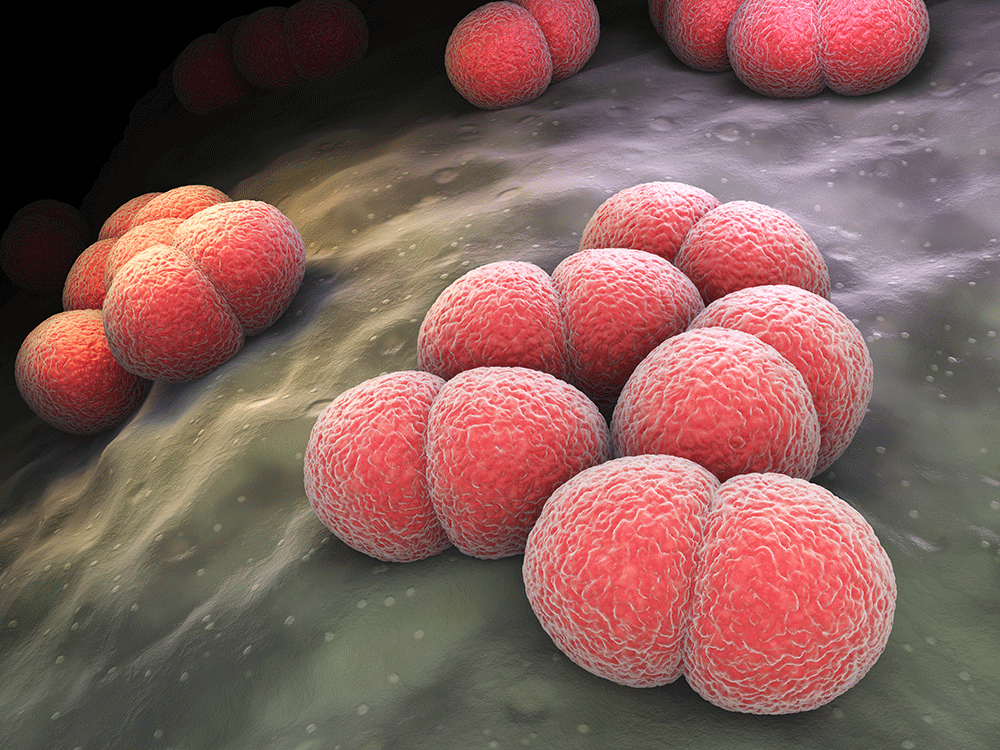
Causes of Meningitis
Meningitis isn’t a single disease but rather a particular symptom—it refers to swelling (“-itis”) in the membranes (“meninges”) that surround your brain and spinal cord. “It can be caused by a series of pathogens, including meningococcus, pneumococcus and haemophilus influenzae,” says Mike Catchpole, chief scientist at the European Centre for Disease Prevention and Control. Young children carry the highest risk of contraction because their immune systems don’t have a lot of practice fighting off infections, but adults—seniors in particular—can get meningitis, too.
Try these four ways to boost your immune system today!

Signs of Meningitis & How It’s Treated
Signs of meningitis include fever, an inexplicably stiff neck, a nasty headache, seizures or confusion. Seek medical attention if these meningitis symptoms occur: left untreated, the condition can be fatal within days. A good way to confirm the diagnosis is with a spinal tap, since people with meningitis usually have indicators in their cerebrospinal fluid.
The doctor will also use tests to figure out whether your infection is bacterial or viral. If it’s a virus, it’s unlikely the meningitis will lead to lasting problems. It will probably clear up on its own within a couple of weeks with rest and plenty of fluids. Bacteria, on the other hand, need to be tackled with antibiotics immediately, because they trigger a stronger inflammatory response—one that could put too much pressure on the brain and spinal cord, leading to brain damage or death. Patients will be kept in the hospital for monitoring and may also be given steroids to reduce brain swelling.

How to Avoid Becoming Infected With Meningitis
Meningitis is spread by coughing, sneezing and kissing, as well as by sharing utensils, toothbrushes and other implements. (Luckily, it isn’t common: viral meningitis affects around 10 people out of 100,000, and the bacterial version touches even fewer.) Washing your hands on a regular basis can help prevent transmission. There are also immunizations—many of which are given in childhood—against specific pathogens. As an adult, you may wish to get a pneumococcal vaccine (PCV13 or PPSV23, both of which protect against types of bacteria that cause meningitis and pneumonia in older people). Due to the increasing possibility of contracting bacteria that are resistant to antibiotics, prevention through vaccination is more important than ever.
Are you having a stroke? Here are 7 Subtle Signs of Stroke You Might Be Ignoring.